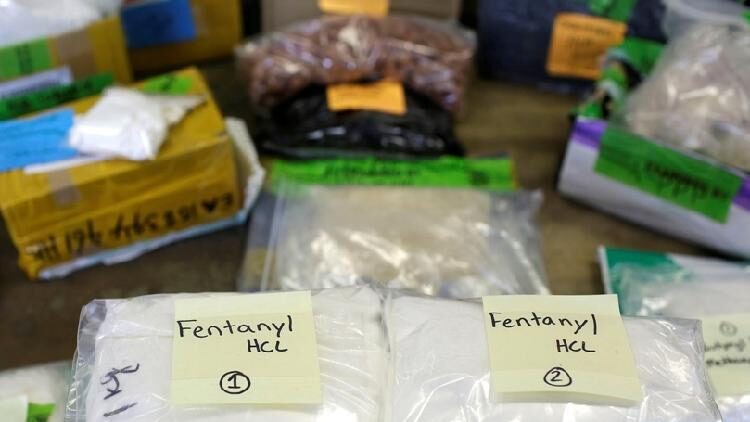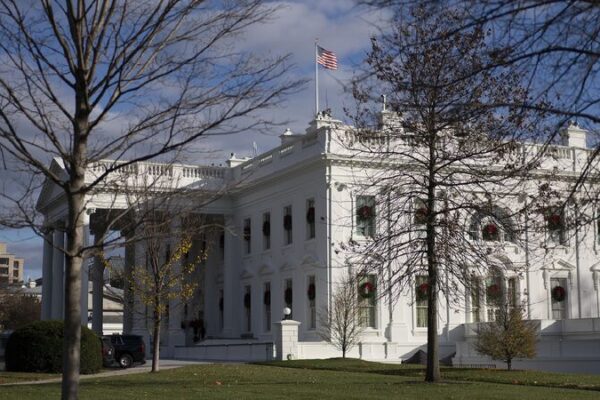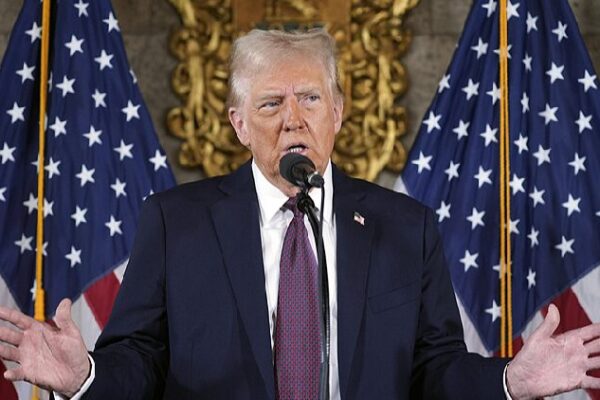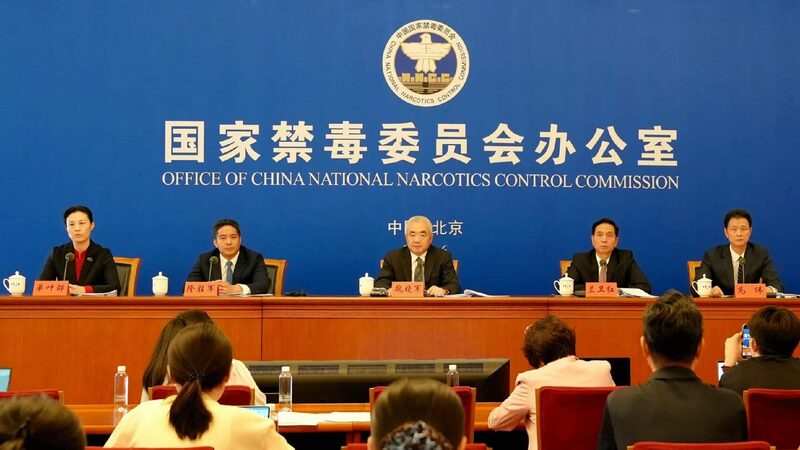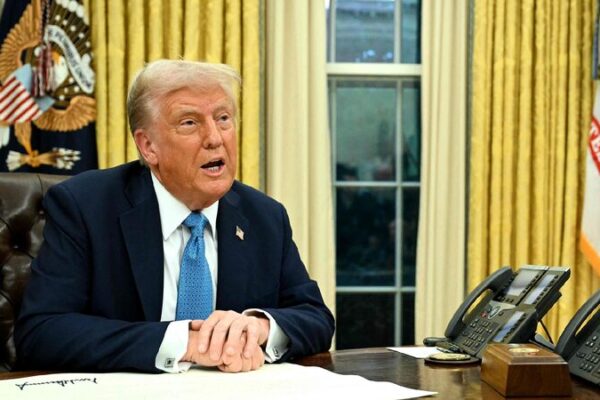Is the Fentanyl Crisis Justifying U.S. Tariffs on China?
The United States has imposed tariffs on China and other countries like Canada and Mexico, citing the fentanyl crisis as a primary reason. But is this crisis a valid justification for these tariffs, or is it a diversion from deeper issues at home?
Experts and the Chinese Ministry of Foreign Affairs argue that the root of the U.S. fentanyl crisis lies within its own borders. They point to widespread drug abuse and regulatory shortcomings as the real culprits. By blaming other nations, they suggest, the U.S. is shifting responsibility instead of addressing its internal challenges.
According to the International Narcotics Control Board, the U.S. is the world’s largest producer and consumer of fentanyl-related substances, consuming 80 percent of the global opioid supply despite having only 5 percent of the world’s population. Data from the U.S. Drug Enforcement Administration (DEA) shows that fentanyl overdoses have become a leading cause of death, with more than 1,500 Americans dying every week due to opioid-related overdoses.
While the U.S. has pointed fingers at countries like Canada, China, and Mexico, analysts highlight growing social inequalities, wealth disparities, and systemic issues as underlying factors. Many young people in the U.S. feel disillusioned, turning to drugs as a coping mechanism. As one netizen commented on social media, “Fentanyl is not the cause, but the result. Disheartened and helpless people doing disheartened and helpless things.”
The influence of pharmaceutical companies on policymakers and weak government oversight have also exacerbated the crisis. Reports indicate that drug manufacturers have spent heavily on lobbying Congress, with nearly all members receiving campaign donations from pharmaceutical companies. Despite acknowledging the severity of the crisis, political infighting has stalled effective solutions. For instance, in May 2023, the “Halt All Lethal Trafficking of Fentanyl Act” faced significant opposition in the House of Representatives.
A Gallup survey from November 2023 found that over half of U.S. adults believe the country has lost ground in tackling illegal drugs.
In contrast, China has taken active steps to control fentanyl-related substances. In 2019, China became the first country to impose comprehensive control over these substances. Since then, Chinese authorities have launched annual campaigns to combat illegal manufacturing and trafficking, intensifying efforts in collaboration with customs to inspect exports to high-risk countries.
The U.S. State Department’s 2022 International Narcotics Control Strategy Report acknowledged China’s efforts, noting that U.S. authorities have detected almost no shipments of fentanyl coming from China since 2019. Moreover, China has cooperated with Mexico on anti-drug enforcement, and Mexican authorities have not seized precursor chemicals originating from China.
Despite these efforts, the U.S. continues to impose tariffs on China, citing the fentanyl crisis as a pretext. China’s Commerce Minister Wang Wentao criticized this move as baseless, calling it a unilateral and bullying action that harms both sides.
As tensions rise, the question remains: Is the fentanyl crisis a justifiable reason for imposing tariffs, or should the focus shift to addressing the underlying issues contributing to the epidemic?
Reference(s):
Is Fentanyl crisis a justifiable reason for U.S. to impose tariffs?
cgtn.com

